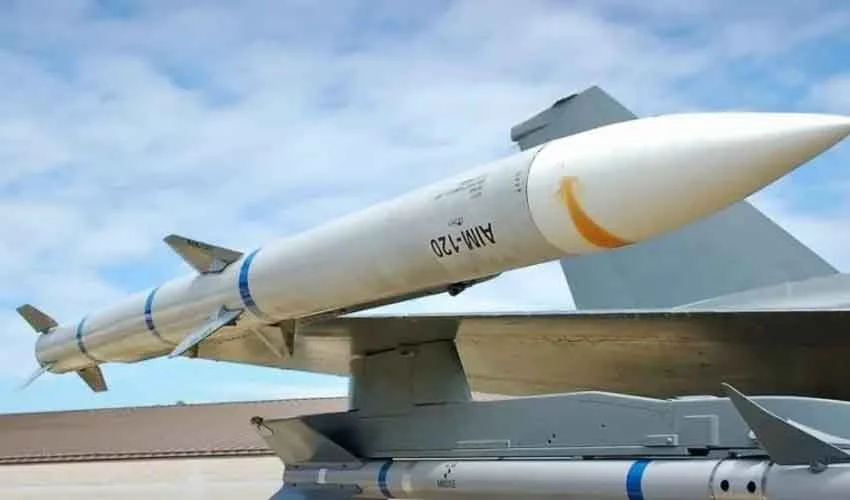In a significant defense development, US weapons manufacturer Raytheon has added Pakistan to the list of countries authorized to purchase its Advanced Medium-Range Air-to-Air Missiles (AMRAAM) following an amendment to an existing Pentagon contract.
According to a September 30 press release from the US Department of Defense, a $41.6 million firm-fixed-price modification has been approved under a previously awarded contract to produce C-8 and D-3 variants of the AMRAAM missile. With the inclusion of Pakistan, the total value of the contract now stands at $2.5 billion, up from $2.47 billion.
The work will be carried out at Raytheon’s Tucson, Arizona facility and is expected to be completed by May 30, 2030. The deal also involves deliveries to countries including the United Kingdom, Germany, Saudi Arabia, Japan, Israel, and Turkey, among others.
Notably, Pakistan was not part of the original contract signed on May 7, making this amendment a clear signal of Washington’s renewed willingness to cooperate militarily with Islamabad.
The Pakistan Air Force (PAF) currently uses AMRAAM missiles on its F-16 fighter jets, the same weapon system deployed during Operation Swift Retort in February 2019, when PAF downed two Indian aircraft that violated Pakistani airspace over Kashmir.
Pakistan had previously procured 700 AMRAAM missiles in 2007, marking one of the largest international purchases of the weapon at the time.
The resumption of AMRAAM sales reflects a broader thaw in Pakistan–US relations, which have seen steady improvement in recent months. Washington has publicly acknowledged Pakistan’s cooperation in counterterrorism operations, including the arrest of a key Islamic State Khorasan (IS-K) operative, and credited Islamabad for helping defuse a potential nuclear escalation in South Asia.
Economic and strategic engagement between the two nations has also expanded, with US companies exploring opportunities in Pakistan’s oil, mineral, and digital asset sectors, as well as ongoing negotiations on tariff adjustments.
Analysts view the missile sale as a strategic recalibration—a recognition of Pakistan’s pivotal role in regional stability and a signal of renewed defense collaboration between Islamabad and Washington.

